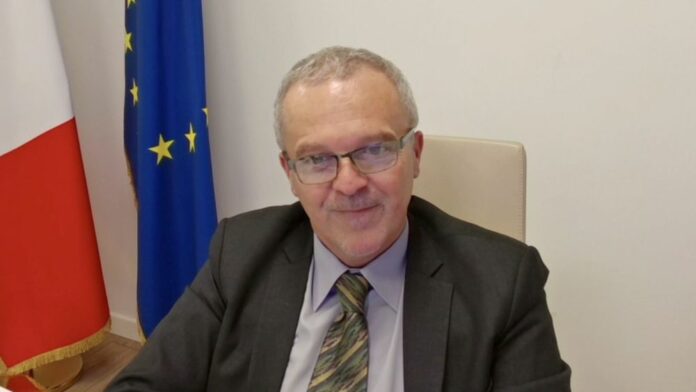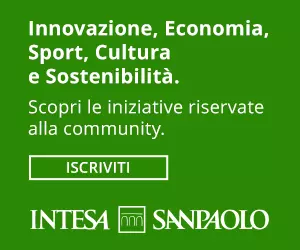ROME (ITALPRESS) – Relations between Italy and Kazakhstan have entered a new phase, one that Italian Ambassador to Astana Antonello De Riu defines as a “comprehensive strategic partnership.” Speaking to Claudio Brachino for Diplomacy Magazine, the geopolitics column of the Italpress news agency, De Riu described a bilateral relationship that has evolved far beyond traditional diplomatic cordiality.
“We see ourselves as pioneers in engaging with Central Asia, relying on a stable model of dialogue to address shared challenges,” the ambassador said. “With Kazakhstan we cooperate both at the multilateral level and, most importantly, bilaterally. We are no longer simply enjoying good relations—we are in a phase of comprehensive strategic partnership.”
De Riu pointed to the recent visits of Prime Minister Giorgia Meloni and President Sergio Mattarella to Kazakhstan as milestones. “These are not just ceremonial gestures,” he stressed. “They represent the signature on a systemic pact between two countries that want not only to do business, but to build the future of Eurasia together.”
Italy is today Kazakhstan’s third-largest global commercial partner and its top partner within the European Union. De Riu attributes this status to a “structural convergence of interests, capacities, and visions.”
“Kazakhstan offers raw materials and vast spaces; Italy offers technology and design,” he explained. Italy’s presence dates back to 1992, when Eni became one of the earliest foreign operators in the newly independent nation. Since then, more than 200 Italian companies have established branches or joint ventures, creating “a network of knowledge and expertise that other European countries continue to observe from behind.”
Logistics developments have further strengthened ties. The new Trans-Caspian or “Middle Corridor”, connecting China to Europe via Kazakhstan and the Caucasus, has sharply reduced transit times. “The Shanghai–Milan route now takes 15 days instead of 35,” De Riu noted.
Culture and education play a decisive role in Italy’s influence. “They are fundamental engines for strengthening Italy’s presence in Kazakhstan because they create relationship bridges that also support business,” the ambassador said. More than 1,500 Kazakh students enroll annually in Italian universities.
The opening of the Italian Cultural Institute in Almaty two years ago marked a turning point. With an outreach capacity extending across Central Asia—an area of roughly 80 million people—the Institute promotes Italian language and culture through about one hundred university partnerships. It also signals, De Riu emphasised, that Italy’s engagement with the region is about “Dante, design, restoration, and language—not only gas pipelines and budgets.”
Economic cooperation has expanded well beyond hydrocarbons. “Today Kazakhstan should be viewed as a multifunctional economic hub,” De Riu said. The country is pushing ahead with a green transition, and Italy—through Eni and other enterprises—is supporting efforts toward sustainable, diversified, tech-driven growth.
Other promising sectors include precision agriculture, agri-food technologies, infrastructure, logistics, advanced mechanics, automation, and robotics. “Kazakhstan is a country located between two continents, and an economy seeking diversification—these are areas where it has clear needs,” he added.
Inter-university cooperation has become a key priority for the embassy. There are currently 97 cooperation agreements, and this year a branch of the Marche Polytechnic University opened in Taldykorgan, in the Zhetysu region. Academic exchanges, De Riu said, help provide local industries with well-trained personnel.
Italy also maintains a strong presence in Kazakhstan’s cultural calendar, participating in exhibitions on design, science, cinema, and visual arts, as well as organizing flagship initiatives such as the Week of the Italian Language and the Week of Italian Cuisine.
Two major cultural anniversaries will shape next year’s agenda: the commemoration of the death of St. Francis, which will include a Kazakh translation of the Canticle of the Creatures, and the celebration of the birth of Carlo Collodi, accompanied by an exhibition dedicated to Pinocchio.
-Photo Italpress-
(ITALPRESS).















